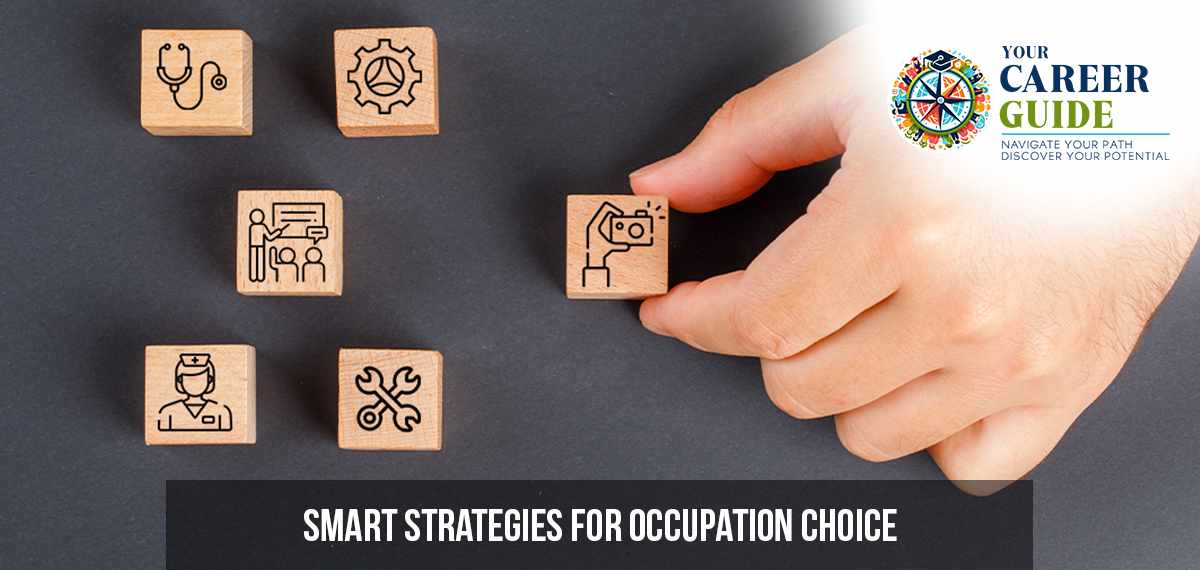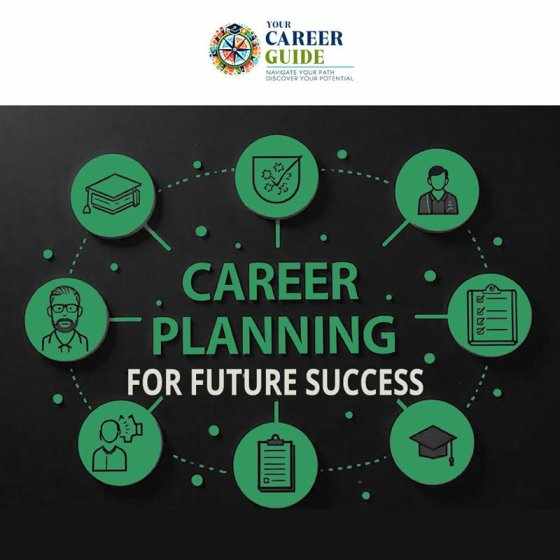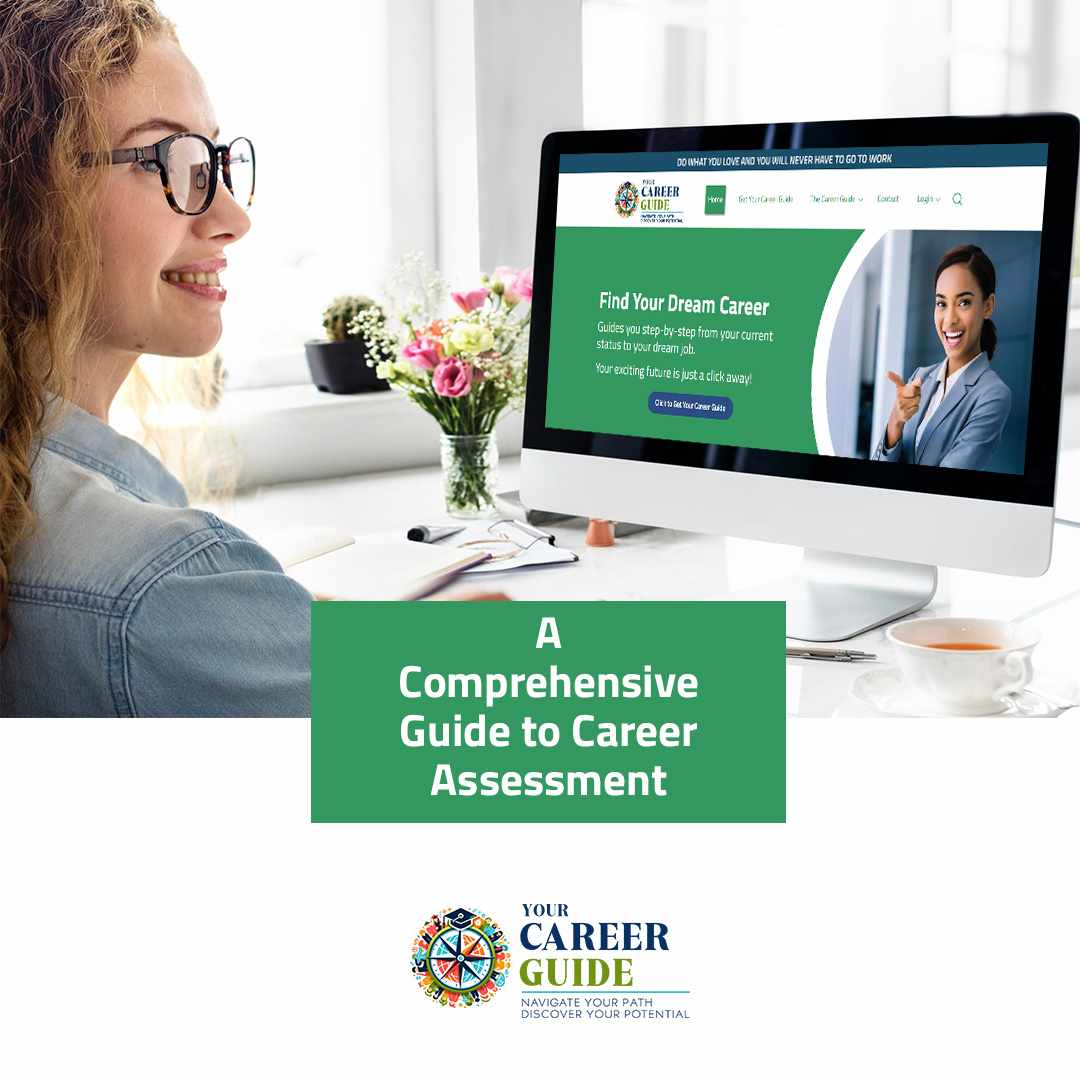
Choosing the right career is one of the most significant decisions in life. The occupation you select will impact your financial stability, job satisfaction, and overall well-being. However, with so many career options available, making the best choice can be overwhelming. Effective career planning involves a strategic approach that aligns your skills, interests, and values with the right opportunities. This blog explores smart strategies to help you make informed career decisions and set yourself up for long-term success.
1. Self-Assessment: Understanding Your Strengths and InterestsThe first step in effective career planning is self-assessment. Understanding your skills, interests, values, and personality traits will help you identify careers that align with who you are. Consider the following approaches:
Personality Tests – Tools like the Myers-Briggs Type Indicator (MBTI) or Holland Code can provide insights into career preferences.
Skills Inventory – Make a list of your technical and soft skills to see where you excel.
Interest Assessments – Identify what topics or activities genuinely excite you.
Values and Lifestyle Consideration – Think about what work environment and job responsibilities align with your core values.
By gaining a deeper understanding of yourself, you can narrow down career paths that will bring fulfillment and success.
2. Researching Career Options Once you have a better understanding of yourself, research potential careers that match your strengths and aspirations. Consider these research strategies:
Industry Trends – Stay informed about job market trends, emerging industries, and high-demand occupations.
Job Shadowing – Spend time observing professionals in different fields to understand the day-to-day responsibilities.
Informational Interviews – Talk to experienced professionals to gain real-world insights into various careers.
Online Research – Utilize resources like the U.S. Bureau of Labor Statistics (BLS), LinkedIn, and career websites to explore job descriptions, salary expectations, and growth opportunities.
This research will help you evaluate different career paths and make a well-informed decision.
3. Setting Career Goals Once you have an idea of potential career options, set clear goals to achieve your desired occupation. Use the SMART goal framework to guide your planning:
Specific – Define clear career objectives (e.g., "Become a data analyst within three years").
Measurable – Identify milestones to track progress.
Achievable – Ensure your goals are realistic given your current skills and resources.
Relevant – Align goals with your long-term aspirations and interests.
Time-Bound – Set deadlines to stay on track.
Setting realistic and structured goals will keep you motivated and focused on your career journey.
Also Read: Changes in Career Development
4. Acquiring the Right Education and Skills Different career paths require different levels of education and expertise. Based on your chosen occupation, determine what qualifications and skills you need:
Formal Education – Research degree programs, certifications, or vocational training relevant to your field.
Technical Skills – Identify the industry-specific skills needed (e.g., coding for tech jobs, financial analysis for accounting careers).
Soft Skills – Develop communication, problem-solving, and leadership skills, which are valuable in any career.
Continuous Learning – Stay competitive by updating your knowledge through online courses, workshops, and professional certifications.
Investing in education and skill development will enhance your employability and career growth potential.
5. Gaining Practical Experience Practical experience is crucial in today’s competitive job market. Employers often look for candidates with hands-on experience in their chosen field. Consider the following ways to build experience:
Internships – Gain exposure and build industry connections.
Part-Time Jobs – Work in relevant roles to develop practical skills.
Freelancing or Projects – Work on real-world projects to showcase your abilities.
Volunteer Work – Gain transferable skills while contributing to a cause.
These experiences will not only strengthen your resume but also give you a better understanding of your chosen field.
6. Building a Strong Professional Network Networking is a powerful tool for career advancement. The more connections you have, the better your chances of finding job opportunities. Here are effective networking strategies:
Attend Industry Events – Participate in conferences, seminars, and job fairs.
Leverage LinkedIn – Connect with professionals, join relevant groups, and engage in discussions.
Join Professional Associations – Become a member of organizations related to your field.
Seek Mentorship – Learn from experienced professionals who can provide guidance and career advice.
Building relationships with industry experts and peers will open doors to new opportunities and career growth.
7. Making a Career Decision and Taking Action After thorough research and preparation, it's time to make a career decision. Follow these steps to ensure a smooth transition into your chosen field:
Evaluate Your Options – Compare different careers based on job outlook, salary, personal interest, and work-life balance.
Create a Career Plan – Outline steps to achieve your career goals including short-term and long-term plans.
Apply for Jobs – Customize your resume and cover letter for each application.
Prepare for Interviews – Practice common interview questions and develop strong responses.
Stay Flexible – Be open to adjusting your plans as new opportunities arise.
Making informed decisions and taking action will help you secure a fulfilling and successful career.
Conclusion
Effective career planning requires a strategic approach that combines self-assessment, research, goal setting, skill-building, networking, and decision-making. By following these smart strategies, you can confidently choose the best occupation for your skills and aspirations. Remember, career planning is an ongoing process, and adapting to changes will ensure long-term success. Start today, take proactive steps, and build a career that aligns with your passions and goals!









Write a comment ...